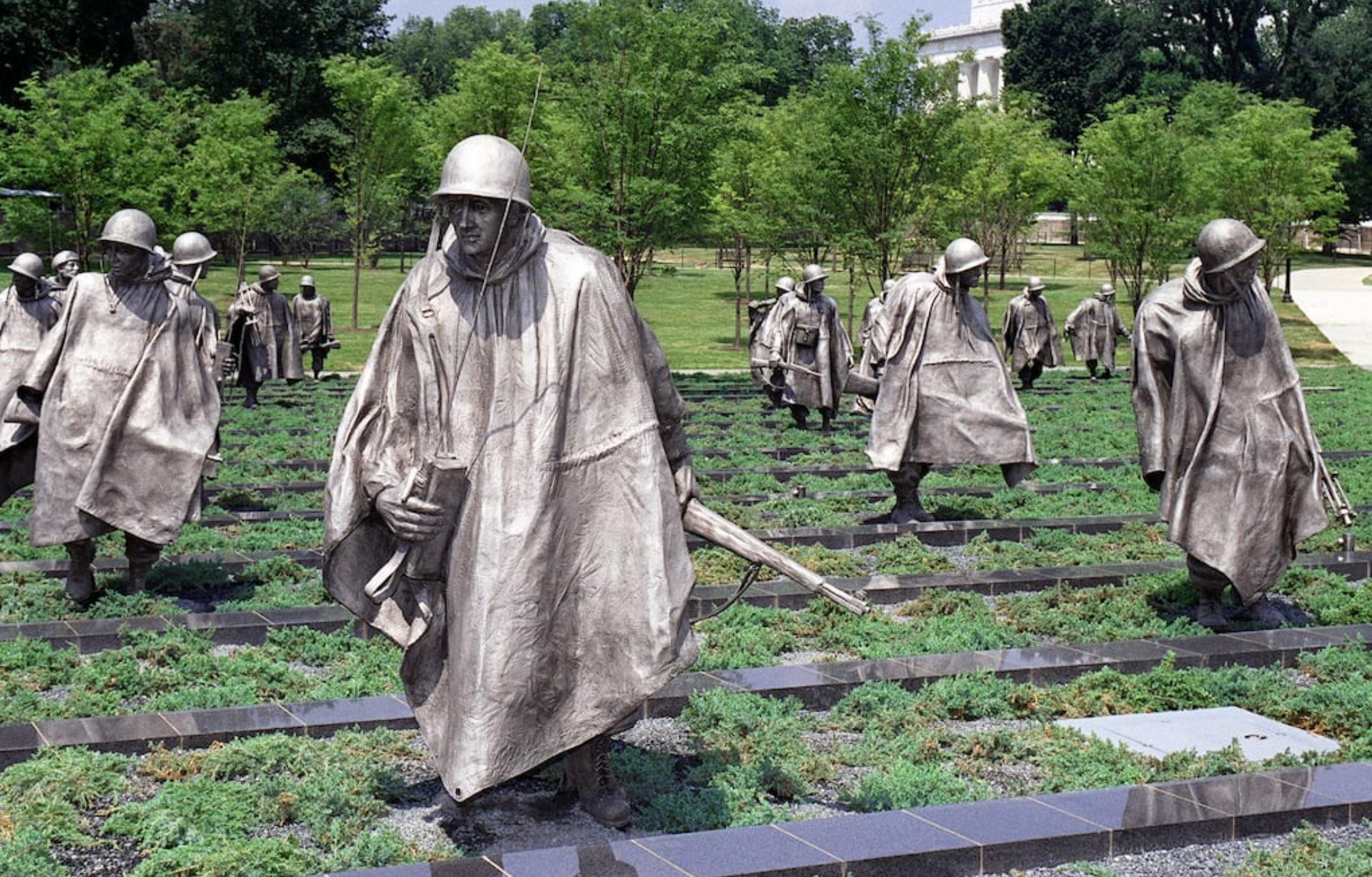Commentary by Teresa Balanesi of Kootenai County
The pack (herd, flock, school, etcetera) depends upon each other for safety, security, prosperity, and ultimately survival. In the most basic terms and according to nature, “pack mentality” is a good thing. It is quintessential for the survival of the species. Food, shelter, protection, procreation, recreation, understanding, expectation, hierarchy, and respect are all fundamental to the pack and are a result of a well-established and well-maintained pack.
Not all animals or creatures operate within a pack or group. For example, most big cat species operate in solitude most of their lives. The same is true for most spiders. Several species of bird, bird of prey, whale, eel, shark, bear and snake operate in solitude most of their lives.
The same is true of human beings. While most are inclined to “the pack,” some operate in solitude. Like wolves, people who belong to a pack often do not understand and tend to fear, and even attack, the “lone wolf.” It is certainly understandable as to why. Fear of the unknown is primal for all. A threat to the healthful stability of the pack needs to be retired.
Fear motivates, according to nature, for protection and is a tool for survival. But what happens when fear is perpetuated and without reason or is based upon false reason?
In the animal kingdom, fear retires itself immediately. The pack does not stay in perpetual fear, and does not perpetuate fear upon itself. Only humans do this.
Through appropriate leadership, the pack either removes the threat or moves away from the threat and quickly, often immediately, resumes a natural, healthy mentality and stability.
The established leader is the absolute regulator for the herd, pack, flock, or school. Leaders in nature come hard fought. They do not come by campaigning with empty promises, nor words alone. They do not manipulate falsely to gain status. They do not come by opinion or preference. They come strictly by the ability to rightly assess and conquer true foes; foes that would actually bring harm to the group. Leaders in nature take the active role of ensuring, with out question, the health, stability, and well-being of the pack.
This is not always true of the human species. In two ways we differ. Humans are capable of manipulating falsely with ulterior motive for position within the pack for reasons that do not ensure the health, stability, and well-being of the pack. Humans will actually take personal advantage of the pack, thus leading to the pack’s demise. The second difference is that the human pack allows this.
The most interesting aspect of this is that humans have so much more capacity for understanding and ability than the rest of the kingdom of species. We have the potential to achieve some of the most beautiful heights of glory within our species; yet also the ability to fall into the depths of depravity, sometimes in the most horrific and inconceivable ways.
It occurs to me that first, recognizing and respecting this within the human species will enable us to better secure ourselves against false and misleading pack leaders whose goal is definitively not to ensure the human species safety, security, health, and well-being.
True diligence is required of us to secure rightful leaders that absolutely ensure the health, stability, and well-being of our pack. Possibly it is not so much the fault of mal-aligned leaders that we are in the mess we are in, both in our country and around the world, but instead falls squarely upon the pack who has allowed this to be. A true self-preserving species, that would most definitely fight to the death for its offspring, would absolutely not tolerate a bad leader. Why, then, do we?

Teresa realized at a young age that the truth and beauty expressed nature held the lessons we so often overlook. She believes applying a grounded understanding of God’s law (Natural Law) leads us to a place of peace.







